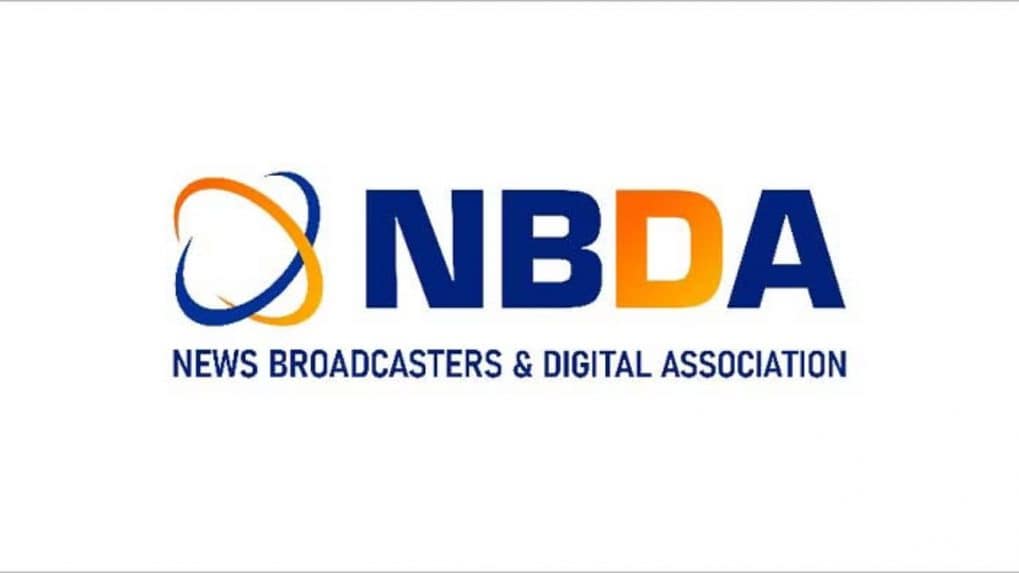Advertising
From Pink Slips to Silent Sidelining: Inside adland’s layoff and anxiety crisis

The Supreme Court on Monday directed five stand-up comedians, including YouTuber Samay Raina, to issue public apologies on their social media platforms for making derogatory remarks against persons with disabilities (PwDs). While dealing with the petitions, the apex court also stressed the need for comprehensive guidelines—drafted in consultation with the Ministry of Information and Broadcasting (MIB) and industry bodies such as the News Broadcasters & Digital Association (NBDA)—to safeguard the dignity of marginalized groups without curbing legitimate free speech.
The bench, comprising Justices Surya Kant and Joymalya Bagchi, was hearing a petition filed by SMA Cure Foundation, represented by Senior Advocate Aparajita Singh, against comedians Samay Raina, Vipun Goyal, Balraj Paramjeet Singh Ghai, Sonali Thakkar, and Nishant Tanwar. The foundation sought not only apologies but also systemic guardrails to prevent recurrence of such instances.
NBDA’s Role in Framing Guidelines
During the proceedings, the court permitted the Ministry of Information and Broadcasting to participate in the case. The bench recorded in its order that the government’s proposed guidelines must be framed in active consultation with NBDA, a body that has long represented television and digital news broadcasters, while also inviting inputs from other stakeholders.
“The proposed guidelines should not be a reaction to any particular incident but broad enough to cater to future needs,” the bench observed. The involvement of NBDA is seen as critical because of its experience in setting ethical standards for digital and television content, especially in balancing freedom of expression with the rights and sensitivities of vulnerable communities.
Court’s Observations on Humor and Responsibility
The judges made it clear that humor cannot be weaponized against disadvantaged groups. “Humor is well taken and is a part of life. We laugh at ourselves. But when we start laughing at others and create a breach of sensibility, on a community plane, it becomes problematic. Influencers of today must realize they are commercializing speech,” Justice Bagchi remarked.
Justice Kant added that penalties proportionate to the harm caused should be considered under the IT Act. The bench also directed the comedians to use their influence to spread awareness on disability rights, noting that such a step could serve as a meaningful apology.
Wider Implications for Digital Media
The matter is not confined to individual comedians. The Supreme Court emphasized that the digital ecosystem—including YouTube, podcasts, and online comedy platforms—needs a regulatory framework that respects Article 21 (right to dignity) alongside Article 19 (freedom of expression). By drawing in NBDA, the court is signaling its intention to extend the body’s established self-regulatory model from television to the more diffuse and often unregulated digital media space.
The petition was originally filed by SMA Cure Foundation after derogatory content surfaced online. Earlier, the court had warned the comedians to appear in person or face coercive action. On July 15, the five appeared before the bench and expressed remorse. Singh informed the court that “better sense has prevailed” and that the comedians had already issued apologies.
The case is also linked to ongoing petitions by YouTubers Ranveer Allahabadia and Ashish Chanchlani seeking to club multiple FIRs filed against them in connection with the India’s Got Latent controversy. While Allahabadia has secured interim relief from the apex court, Chanchlani’s plea remains pending.
The bench is expected to take up the question of penalties in the coming hearings. Meanwhile, the Attorney General and the MIB, in consultation with NBDA and other stakeholders, will place draft guidelines before the Court. These are likely to serve as a precedent-setting framework for regulating responsible digital content creation in India.
From purpose-driven work and narrative-rich brand films to AI-enabled ideas and creator-led collaborations, the awards reflect the full spectrum of modern creativity.
Read MoreLooking ahead to the close of 2025 and into 2026, Sorrell sees technology platforms as the clear winners. He described them as “nation states in their own right”, with market capitalisations that exceed the GDPs of many countries.